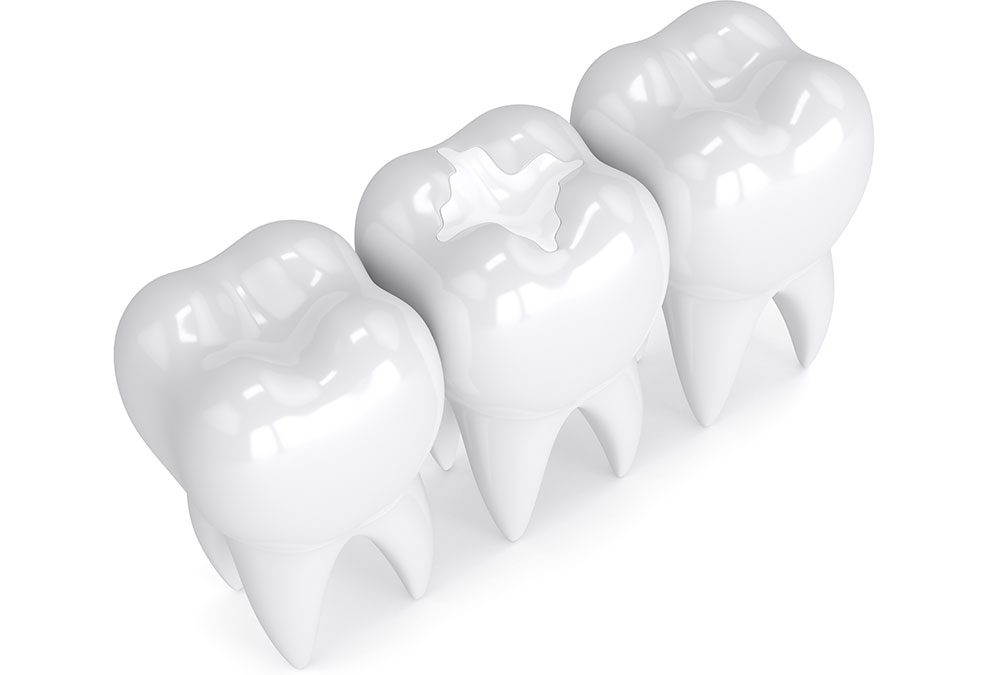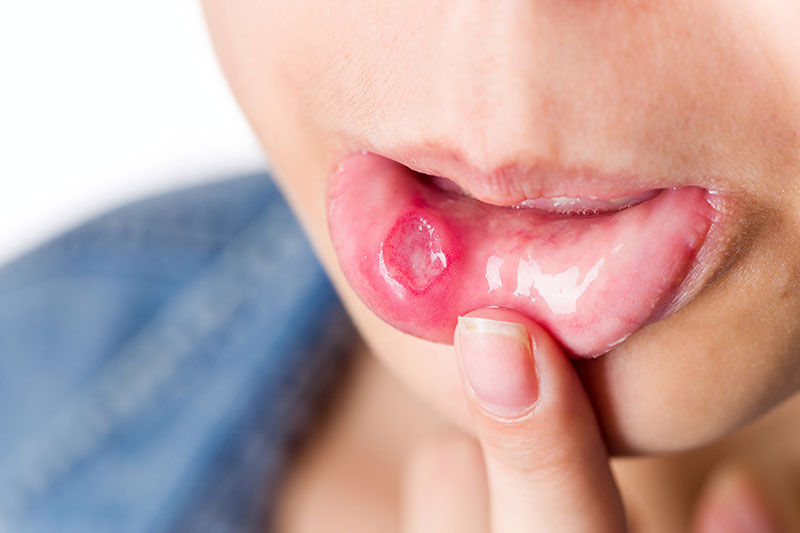
Why You Should Not Delay Dental Care
Regular dental treatment and care is an essential aspect of overall health and well-being. Yet, many people tend to postpone their dental visits due to various reasons, including fear, cost, or simply a lack of perceived urgency. However, delaying dental care can lead to significant health issues, higher costs, and more extensive treatments. Learn why you should prioritize regular dental check-ups and timely dental treatments.
Prevention is Better Than Cure
The preventive aspect is one of the most compelling reasons to avoid delaying dental care. Regular dental check-ups allow your dentist and dental professional to catch and address potential dental issues before they become significant problems. Early detection of cavities, oral cancer and gum disease can save you from pain, discomfort, and more invasive procedures in the future. Preventive care, such as regular dental cleanings and dental fluoride treatments, can help to maintain oral health and prevent common dental issues.
Avoid Pain and Discomfort
Dental problems often start small and can progress gradually, leading to significant pain and discomfort. What begins as a minor toothache can quickly escalate into a severe infection or dental abscess if left untreated. You can avoid the agony and disruption of advanced dental problems by addressing dental issues promptly. Regular dental visits help catch issues early and prevent them from worsening.
Save in the Long Run
While it may seem like you’re saving money by skipping dental visits, the opposite is often true. Preventive care and early treatment are usually much more affordable than the cost of treating advanced dental conditions. For instance, a simple dental filling to address a small cavity is far less expensive than a root canal or extraction for a neglected tooth. Investing in regular dental care can save on more extensive and costly treatments later.
Maintain Total & Overall Health
Your oral health is linked to your total and overall health. Poor dental hygiene and untreated dental issues can contribute to a host of various health issues, including heart disease, diabetes, respiratory infections, and even complications during pregnancy. Harmful bacteria in your mouth can enter your bloodstream and affect other area of the body, leading to systemic health issues. By keeping your mouth healthy, you are also promoting better overall health.
Preserve Your Smile and Confidence
Your smile is one of the first things people notice about you, and maintaining good oral health is essential for preserving your smile. Dental conditions such as gum disease, tooth decay and tooth loss can significantly impact your appearance and self-confidence. Regular dental care helps ensure your teeth and gums remain healthy, allowing you to smile confidently and enjoy better social interactions and self-esteem.
Prevent Bad Breath
Unpleasant breath, or halitosis, can be embarrassing and is usually caused by poor oral hygiene, dental infections, or gum disease. Regular dental exams, check-ups and cleanings help to remove dental plaque, tartar, and bacteria contributing to bad breath. By maintaining optimal oral hygiene and promptly addressing dental issues can keep your breath fresh and avoid social awkwardness.
Improve Your Quality of Life
Dental problems will regularly affect your ability to eat, speak, and enjoy life. Pain, discomfort, and the need for complex dental treatments can negatively impact your quality of life. By staying on top of your dental health and addressing problems early, you can maintain better oral function and enjoy a higher quality of life.
Delaying dental care can lead to many problems, from pain to more severe health issues and higher costs. By prioritizing regular dental visits and timely treatments, you can maintain good oral health, prevent serious problems, and enjoy a healthier, more confident life. Remember that early prevention and early intervention are essential to long-term health and well-being regarding dental care. So, don’t wait – schedule your dental appointment today and take a proactive stance with your oral health. Contact us to learn more or to schedule a consultation.



